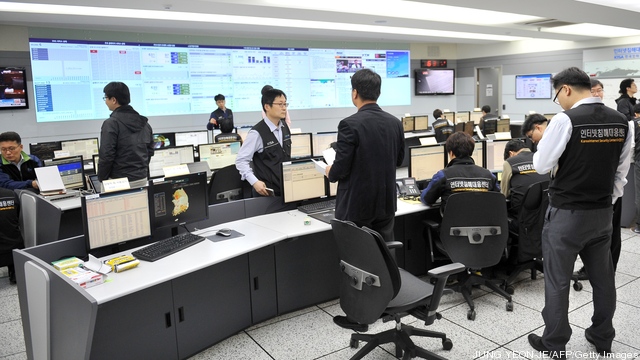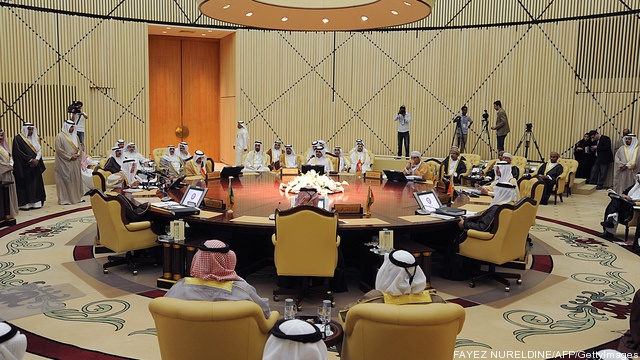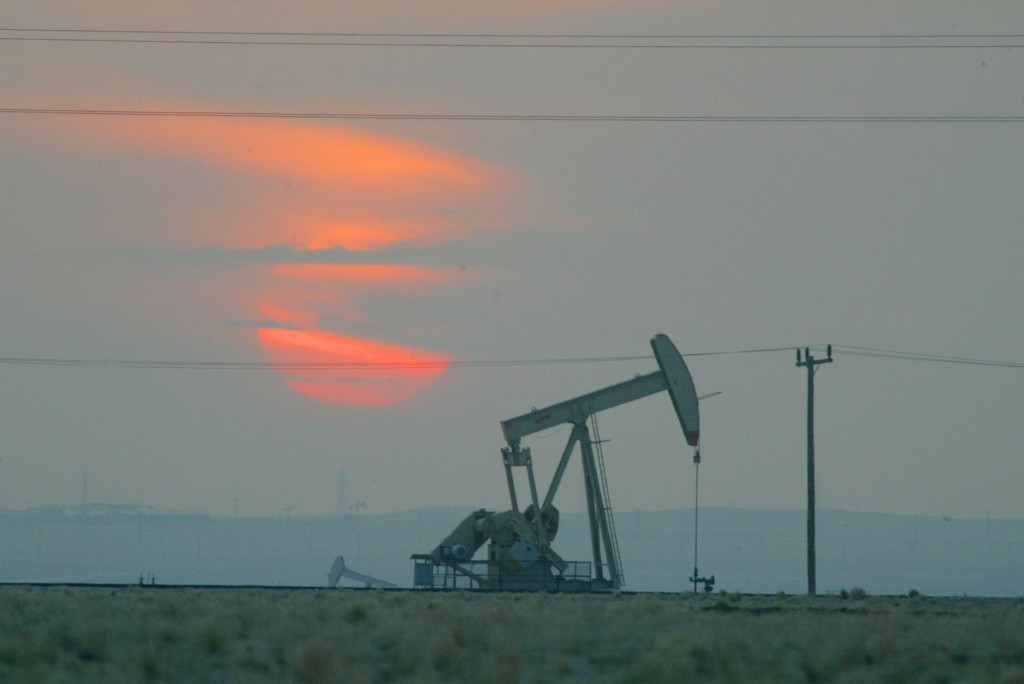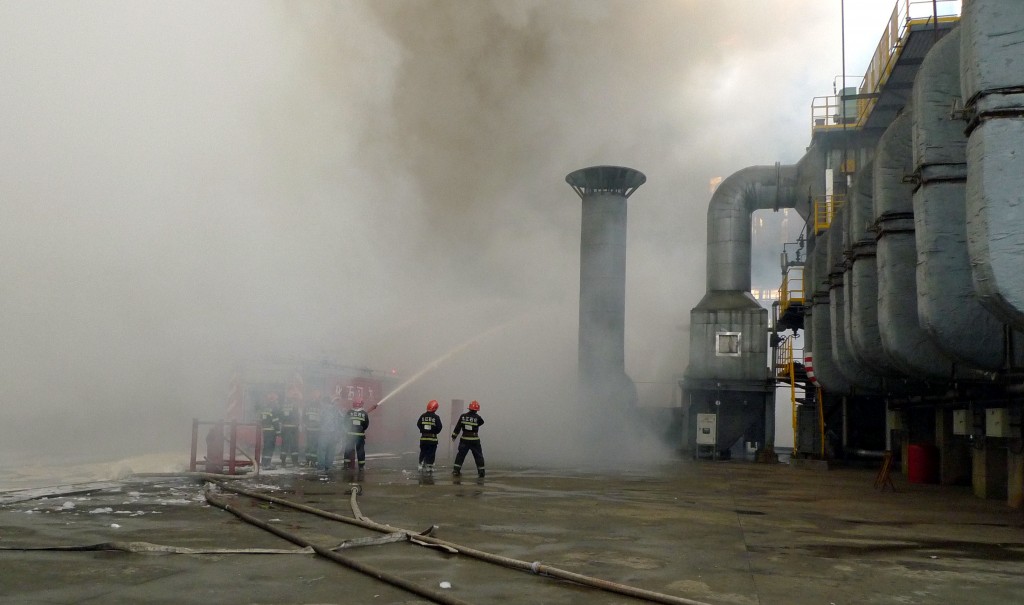Saudi Arabia has taken another step towards building up its nuclear power generation capacity by signing a Memorandum of Understanding for in-country collaboration with Westinghouse Electricity, Exelon Nuclear Partners and Toshiba. Nuclear could be a key tool in managing a mismatch between rising in-country energy consumption and a heavy dependence on oil exports to meet… Keep reading →
Saudi Aramco
Sign up and get Breaking Energy news in your inbox.
We will never sell or share your information without your consent. See our privacy policy.A fire at the Motiva refinery – the largest in the US – took more than half its capacity offline for at least two weeks. “The fires come on top of a nagging vibration problem with a key pipe in the plant’s biggest crude distillation unit, or CDU, that is expected to keep it running… Keep reading →

We’ve all read the cyber-attack and data breach headlines about Stuxnet, Flame, Shamoon, and most recently, Red October. Critical infrastructure cyber attacks were even a focus of the President Obama’s State of the Union Address.
Organizations that operate critical infrastructure – including oil and gas companies, utilities, nuclear facilities, and more – is well aware it’s under attack. The problem right now is that many of these organizations are struggling to figure out how the protect themselves from potentially devastating attacks. Keep reading →

The Pentagon plans to add more than 4,000 people to its efforts to combat the growing number of cyberattacks in the country and to take the offensive against attacks from foreign countries.
Increasing the Defense Department’s Cyber Command by more than 4,000, well above today’s level of 900, will be a challenge, a New York Times article quoted defense officials as saying. The department said officials know that recruiting, training and retaining that many qualified people will be a difficult chore. Keep reading →

Most people associate Saudi Arabia with oil, but natural gas supply is one of the most important issues in the Kingdom today. If the Saudis want to remain one of the world’s largest oil exporters, they need to simultaneously address the challenges associated with subsidized domestic energy prices, their internal energy consumption rate and domestic non-associated natural gas development.
“The Kingdom is in desperate need of rolling back the world’s second-largest portfolio of energy subsidies, which are driving domestic demand for its chief export commodity, crude oil,” Jim Krane, Gulf energy analyst at Cambridge University’s Judge Business School told Breaking Energy in an email. Keep reading →

It is an urban myth that if the oil industry drilled more, gasoline prices would decrease. The myth relies on the premise that as more oil supplies are introduced, market forces would take over and domestic prices would fall. But it turns out that increasing domestic production has virtually no effect on gasoline prices.
The US already increased production. According to the Energy Information Administration (EIA), US oil production reached 310,403,000 barrels per month in October 1970 that became the historic peak. Ever since that time, production changed course and it has been in a steady decline. By 2005, production sank more than 50 percent to approximately 150,000,000 barrels per month. The bottom was reached in September 2008 when production sank to 119,477,000 barrels per month. Since then, for the first time since the 1980’s, monthly production changed direction and it has been trending upward. Last July, the US touched a new record of 196,405,000 barrels per month, a production level the US has not witnessed for over a decade. Keep reading →
 Daegu, South Korea’s third largest city.
Daegu, South Korea’s third largest city.
Complex times call for comprehensive expertise to reach solutions, and the increasingly networked state of the global energy business has underlined the importance of similarly global gatherings like the World Energy Congress. Keep reading →
Saudi Aramco sponsors and participates in the First Renewable Energy Conference at KFUPM http://bit.ly/xnSQCo @KFUPM
By Peter GardettSaudi Aramco sponsors and participates in the First Renewable Energy Conference at KFUPM http://bit.ly/xnSQCo Saudi_Aramco

Handling the pace of change technologies have wrought on the energy sector is a major challenge for the industry, but one of the industry’s leading technology and engineering experts has an unexpected solution: Stop worrying about the wrong things.
Dr. Nansen Saleri oversaw one of the greatest engineering and operational feats of the last century as head of Reservoir Management at Saudi Aramco, where he built on decades of experience to bring the company’s extraction standards to more than twice the industry norm and set the stage for an energy present that is far more stable than it might have been without those advances. Having garnered the industry’s attention and respect for his work in Saudi Arabia, Saleri helped found and became CEO of Houston-based Quantum Reservoir Impact, a fast-growing consultancy helping oil companies access more of their subsurface resources with new technologies. Keep reading →



